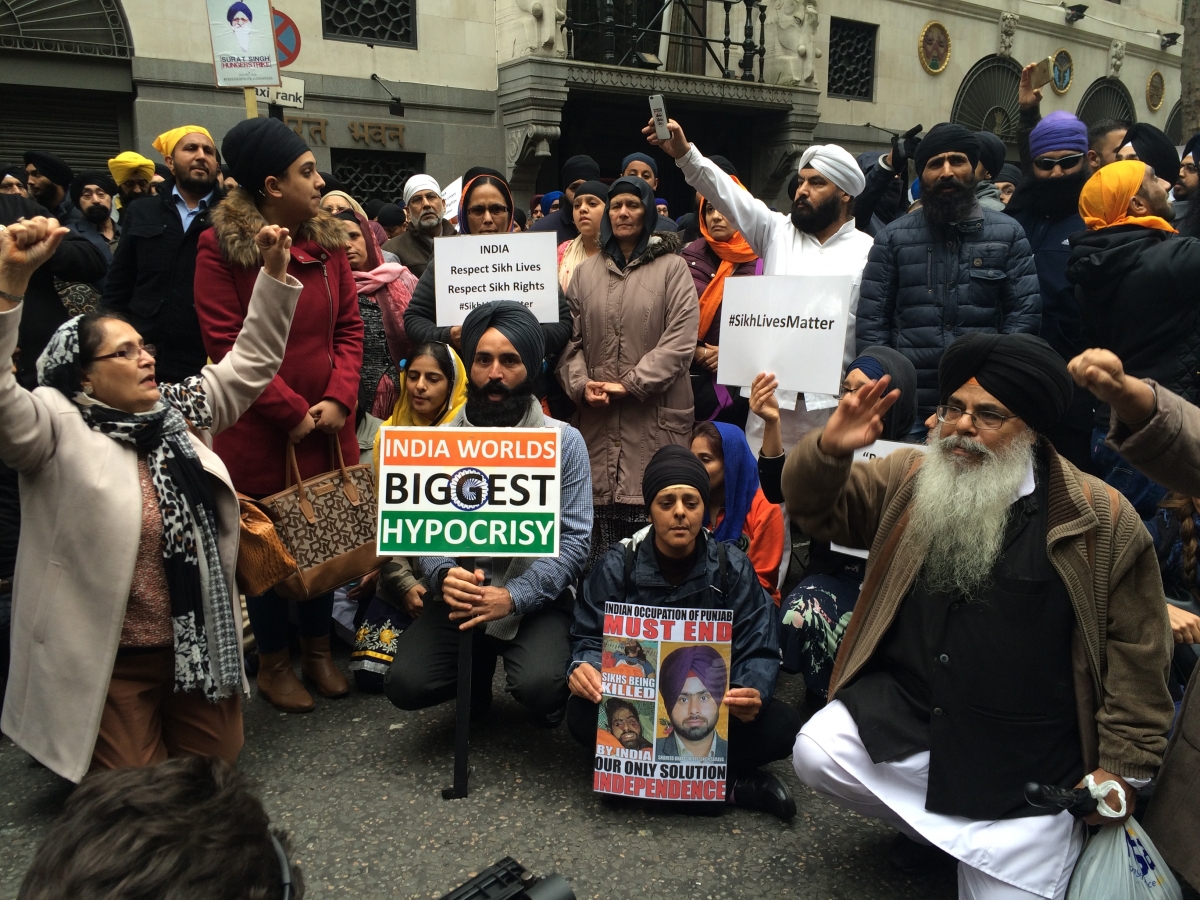By: Aashka Dave
The start of 2013 brought with it the opportunity for a new lifestyle for millions of women in India. After a forty-year span during which the number of women raped increased by 875 percent, women’s rights have taken center-stage at last, and the Indian government has passed a new law barring various types of sexual violence and further criminalizing others. Why? Quite frankly, the people of India gave their government no choice.
On Dec. 16, 2012, a young woman in New Delhi, India was raped. She was going home from a movie with a male friend when six other men hit him with a metal rod, and then proceeded to beat and rape her, ultimately leading to her death in a Singaporean hospital two weeks later. Her tragic story served as the spark that would cause a reticent population to take a stand.
For all of India’s culture, history, and innovation, it has never been known for protecting the rights and freedoms of women. Many pockets of Indian society still prefer sons, practice the dowry, and exploit and abuse women and children.
In New Delhi alone, rape incidents have increased by nearly 28 percent in the last year, and cases of molestation have risen by almost 11 percent — and those are only the official numbers. There are a number of women who would never dare to report an incident of sexual assault. The cultural stigma is too great, and the societal consequences are too heavy. Up until now, it was almost better to always err on the side of caution, to never go out alone, and, should anything happen, to suffer in silence.
The events of December have changed that. The anonymous rape victim, now immortalized as “Damini” — which means “lightning” in Hindi and was also the title of a 1993 Bollywood movie about sexual violence — has become somewhat of a martyr. Her assailants have been put on a fast track to trial and are currently facing charges of both rape and murder. If convicted, they could face the death penalty from a system that is only too ready to mete out justice.
After years of delayed or no reaction, the Indian government has begun to act. In the past two months, it has established the Verma Committee to examine measures that must be taken to mend the rift in Indian society. As a result, the Indian government passed a new law this past Sunday that not only increases jail time for rapists, but also advocates the death penalty in extreme cases. Voyeurism, stalking, acid attacks, and the trafficking of women are now punishable by law, and plans are in place to add more women to police forces, particularly in New Delhi. Steps are even being made to create an online database publicizing the names, addresses, and case numbers of convicted rapists, much like the sexual offenders registry in the United States.
Yet, for all this change, criticism still abounds. Many say that these changes are either too little too late or not sufficient to address the problems facing Indian society. The law does not criminalize marital rape, nor does it address the issue of rape by armed personnel commissioned to certain conflict zones in the country. It also does not bar politicians facing rape charges from contesting an election.
Even more to the point, the Indian government is still laced with corruption. There is no way to know how well these measures — progressive though they may sound — will be implemented, and no way to know if society will adapt to the newly established policies. The new laws do not discuss educational initiatives that could possibly change a confused public’s perspective regarding women, something that the Verma Committee highly emphasized, but was ultimately left unaddressed.
Naturally, efforts to architect a significant cultural shift do not come without obstacles. Pockets of Indian society remain staunchly patriarchal, and changing a perspective that is so ingrained in society will not be without its challenges. No matter how many laws are put in place, an India that truly respects the rights of women is only possible when society itself values every one of its members. For that reason, the lack of an educational program in India’s newly passed legislation proves to be something of a problem.
Fortunately, then, both the media and celebrities have taken to using their respective platforms to raise awareness. The Times of India recently took out a full page ad in its own newspaper decrying India’s present definition of masculinity, saying “The true test of your manhood is how you treat a woman. All women. Any woman. Every woman. If you do not respect a woman, you are only half a man.” Bollywood superstar Amitabh Bachchan took to Twitter to discuss Damini’s rape, saying that though her “body may have passed away, her soul shall stir forever in [our] hearts!!!”
Ultimately, it must be acknowledged that India’s reaction is a delayed one. The measures that recently passed may not compare to the freedoms already available to women in other countries. However, that the measures have been passed is noteworthy, and give millions of women in India the chance to hope for a better future — both for themselves and their daughters.

